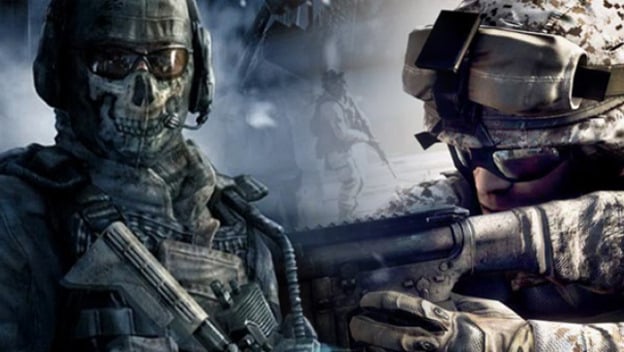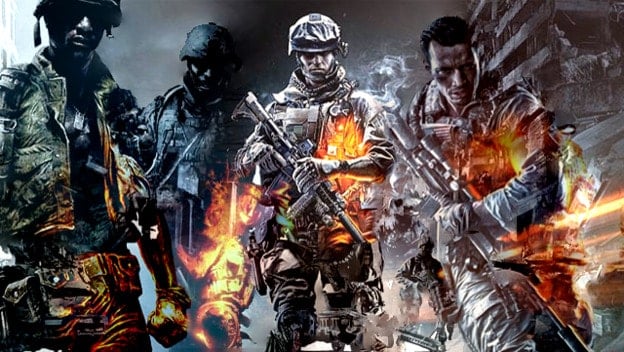Yearly releases among triple-A franchises have become sort of an epidemic. Several beloved IPs have flocked to the business model in recent years, and it doesn’t look like we will see the end of it anytime soon. But, in a recent interview with Videogamer.com , Battlefield 4 Executive Producer Patrick Bach laid to rest the speculation that the Battlefield franchise would be pursuing the annualization model to fill the gap left by cancelling its Medal of Honor series.
“We can’t build a game at DICE every year.” Said Bach when asked if Battlefield would be used to replace Medal of Honor . He went on to say, “We’re trying to push the boundaries, we’re not trying to, like, ‘Oh, Battlefield will sell itself. Let’s make something half-ass.’ So it’s a challenge.” This philosophy seems to be part of the reason that the Battlefield series doesn’t feel like it suffers from the stagnation issues that plague releases that follow the yearly release schedule: most notably, Call of Duty .
I have always felt games that follow a yearly release timeline suffer from a lack of innovation, simply expanding on the previous title minimally. While there isn’t anything wrong with this in terms of company sales and reduction of development costs, it does sacrifice the innovation that comes with most new IPs. Call of Duty is an example of this, though to be fair, while its release schedule is yearly, the games are developed by two different developers that play a never-ending game of release-year leapfrog. But this particular way of accomplishing a yearly release is nothing new, and it makes a lack of progression and innovation in the series all the more puzzling. Although, I will say that this year’s release of Call of Duty: Ghosts looks more promising than any of the recent installments in the CoD franchise.
DICE is following a release schedule that I wish more publishers would follow. This bi-annual release schedule is supported with new content over the course of 18-or-so months. Now, I know what you’re thinking– Call of Duty releases map packs too! This is true. But the release schedule for its DLC expansions are so close together that some consumers can barely keep up. The Battlefield release schedule is much more palatable to your average gamer’s wallet and available time, with an extra month or so between DLC releases. But all of this is personal preference, and whatever your poison is in the military FPS genre ( CoD or Battlefield ), you will probably have to purchase extra content to keep playing competitively online.
In the end, I am sincerely grateful that DICE isn’t going to try to squeeze an extra title into their rotation. Not only would this function to degrade the quality of Battlefield , but it would also cause gamers to have to purchase another title to stay current with the game, something that would possibly turn a lot of Battlefield players off of the franchise. It would also stifle the progression of the series, something that has been going strong since Battlefield 2: Modern Combat . None of these outcomes would bode well for DICE as a company and as a main competitor of Call of Duty .

I have to say, though, this year is going to be the most interesting match-up yet in the military FPS genre, and I wouldn’t miss it for the world. By now, I’m sure it’s no secret that I will be throwing my lot in with DICE right out of the gate this year with Battlefield 4 . But, if Call of Duty: Ghosts has done enough to change the formula, you might be reading much different articles from me come November. Who knows?
But for now, DICE, you have my loyalty. Just don’t “half-ass” anything, and we will be fine.
